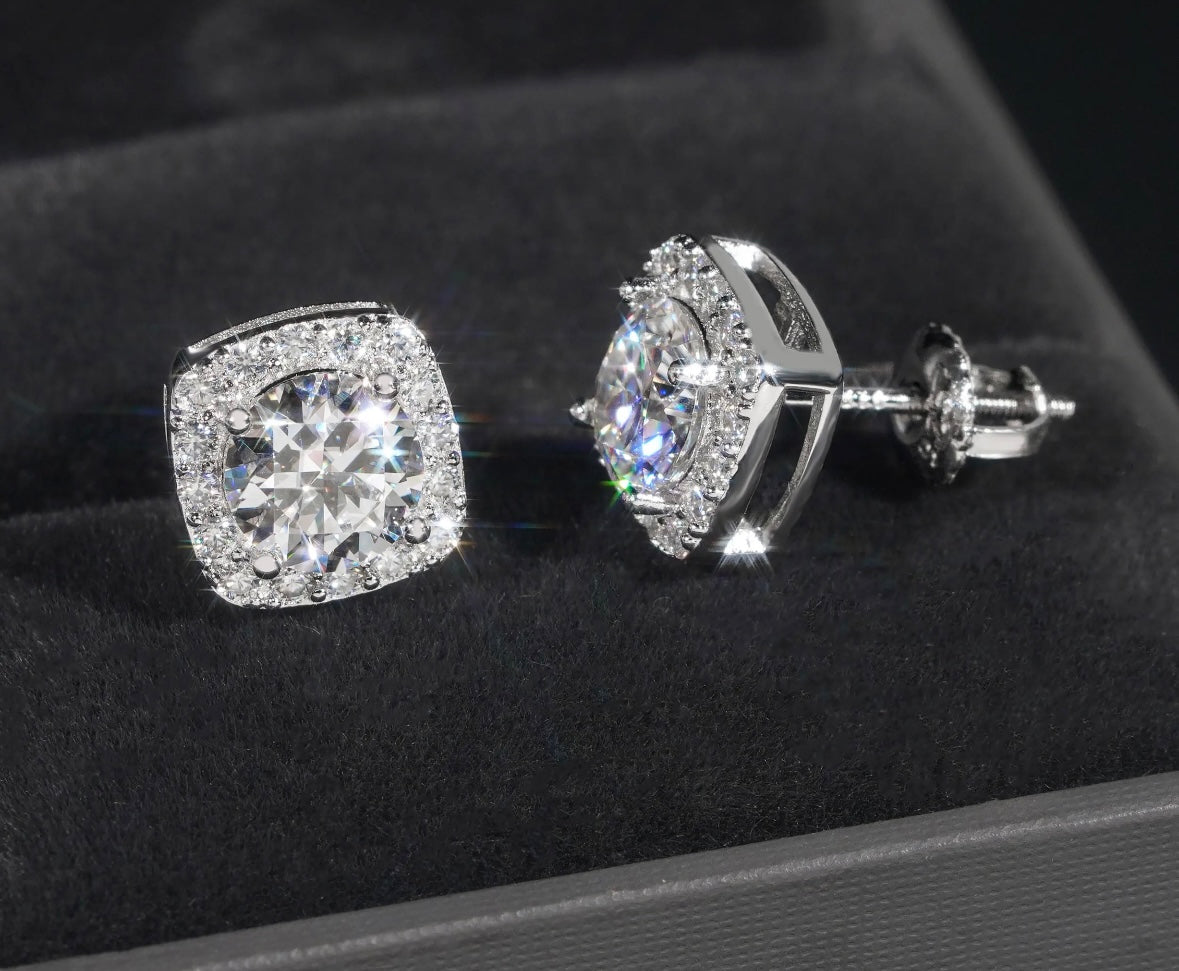



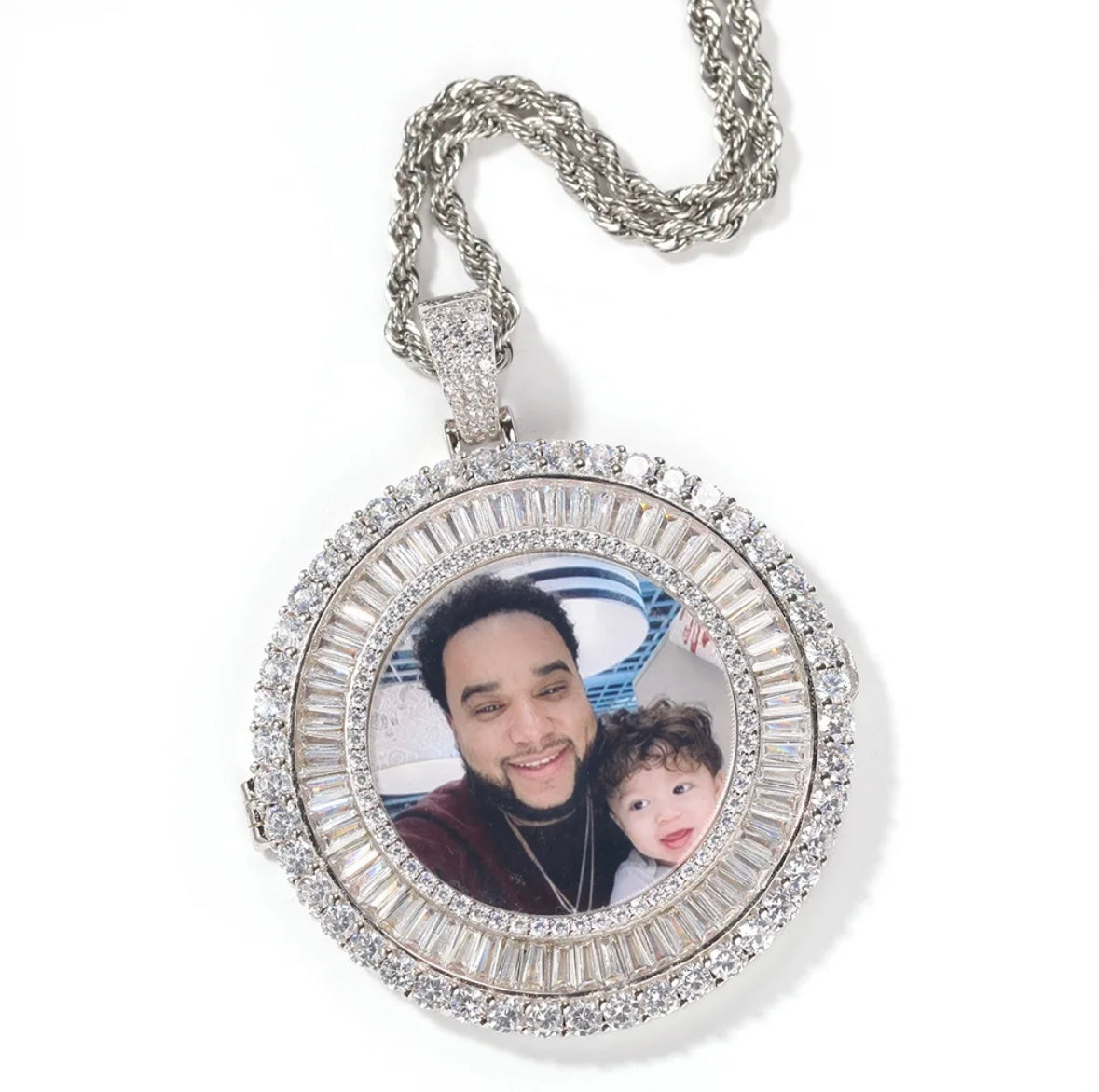

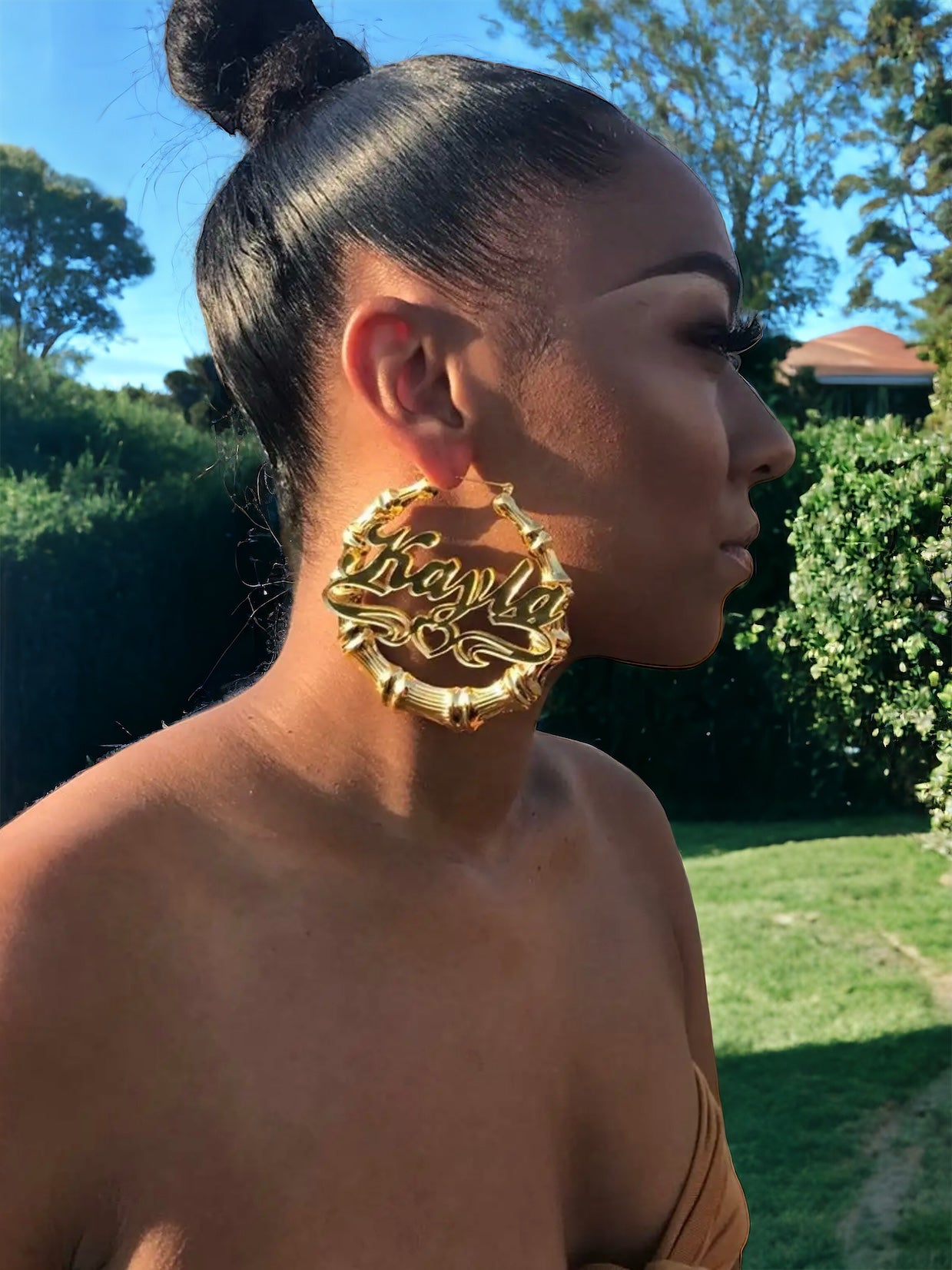



What is Moissanite? Discover the Truth About Moissanite Diamonds and Diamond Testers
What is Moissanite? Discover the Truth About Moissanite Diamonds and Diamond Testers
Ever wondered what moissanite is and how it compares to diamonds? You're not alone! Let's dive into the dazzling world of moissanite, explore what makes it unique, and answer some burning questions like, "Does moissanite pass a diamond tester?"
What is Moissanite?
Moissanite, originally discovered by Nobel Prize-winning scientist Henri Moissan in 1893, is a rare and naturally occurring silicon carbide. Moissan stumbled upon this sparkling mineral in a meteor crater in Arizona. Fascinating, right? However, natural moissanite is so scarce that the moissanite you find in jewelry stores today is typically lab-created. This lab-grown process ensures a consistent supply of high-quality stones that are both eco-friendly and conflict-free.
Moissanite is renowned for its brilliance, fire, and durability, making it a popular alternative to diamonds. Its refractive index is higher than that of diamonds, giving it an extraordinary sparkle. Plus, it ranks 9.25 on the Mohs scale of hardness, making it incredibly resilient to scratching and chipping.
What is Moissanite Diamond?
Here’s where things get interesting: while often marketed as “moissanite diamonds,” moissanite isn't a diamond at all. The term "moissanite diamond" is a bit of a misnomer. It's used to describe the gemstone's visual similarity to diamonds, not its chemical composition. Moissanite and diamonds are entirely different substances. Diamonds are composed of carbon atoms arranged in a crystal lattice, whereas moissanite is made up of silicon carbide.
Despite these differences, moissanite is often chosen as an alternative to diamonds due to its lower cost, brilliant sparkle, and ethical sourcing. Moissanite can be cut and set in various jewelry styles, from engagement rings to earrings, providing a stunning look that rivals traditional diamonds without the hefty price tag.
Does Moissanite Pass Diamond Tester?
Now, let's tackle the million-dollar question: does moissanite pass a diamond tester?
Diamond testers are designed to distinguish diamonds from other gemstones by measuring thermal conductivity. Because moissanite has thermal properties close to diamonds, it can indeed pass as a diamond on many standard diamond testers. However, advanced testers that use electrical conductivity can usually differentiate between the two, as moissanite and diamonds conduct electricity differently.
For instance, a typical handheld diamond tester might indicate a positive result for both diamonds and moissanite. To be absolutely sure of the stone's identity, jewelers might use more sophisticated testing methods or tools like moissanite testers specifically designed to identify silicon carbide.
Why Choose Moissanite?
1. Affordability: Moissanite is significantly more affordable than diamonds, allowing you to get a larger, more dazzling stone without breaking the bank.
2. Ethical Sourcing: Being lab-created, moissanite doesn't have the same ethical and environmental concerns associated with diamond mining.
3. Durability: With a rating of 9.25 on the Mohs scale, moissanite is highly durable and suitable for everyday wear.
4. Brilliance: Thanks to its high refractive index, moissanite sparkles more intensely than diamonds.
Conclusion: The Choice is Yours
Whether you're considering moissanite for its affordability, ethical benefits, or sheer beauty, it's clear this gemstone stands on its own merits. While it may pass as a diamond on some testers, understanding its unique qualities helps you make an informed choice.
Got more questions about gemstones? Drop them in the comments below!










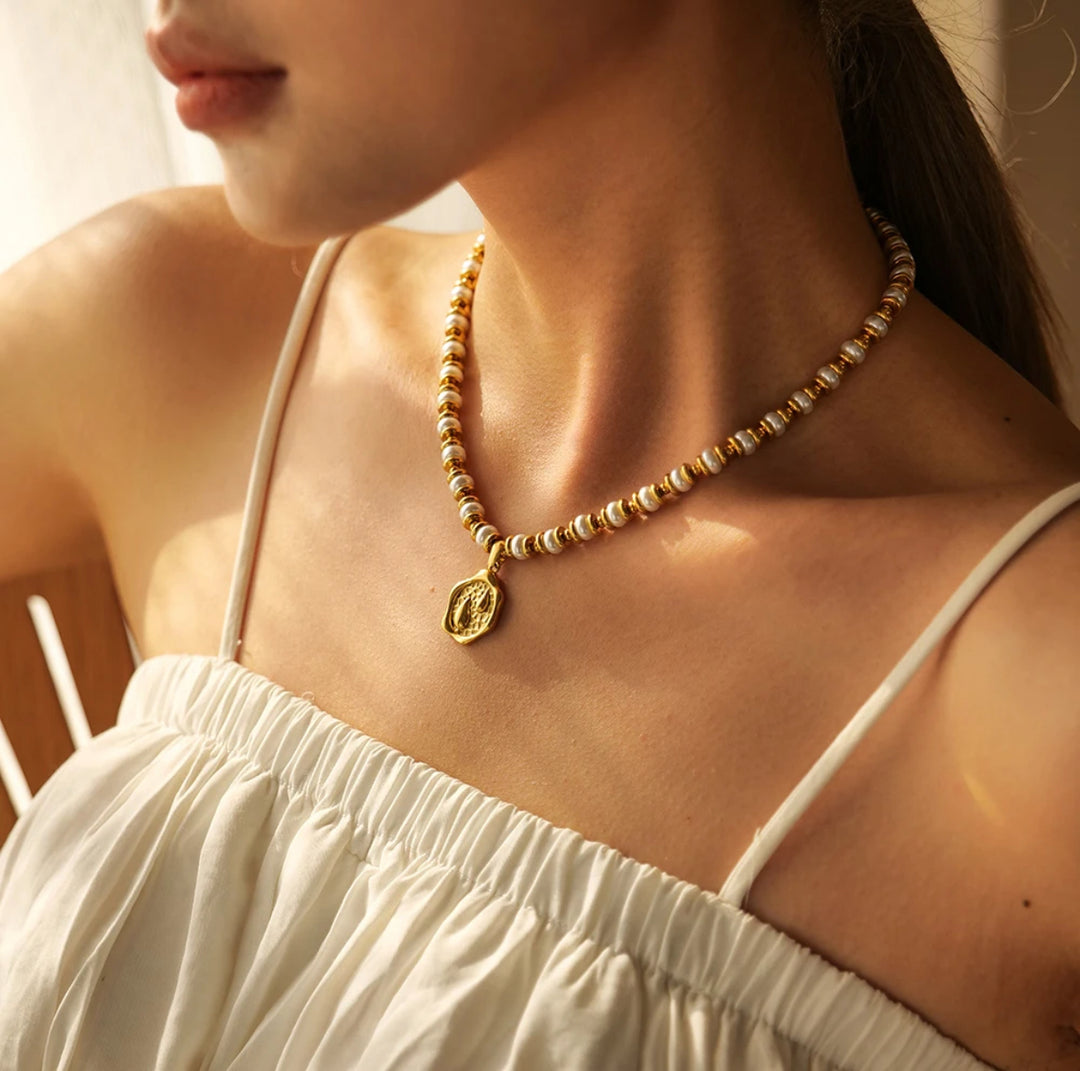

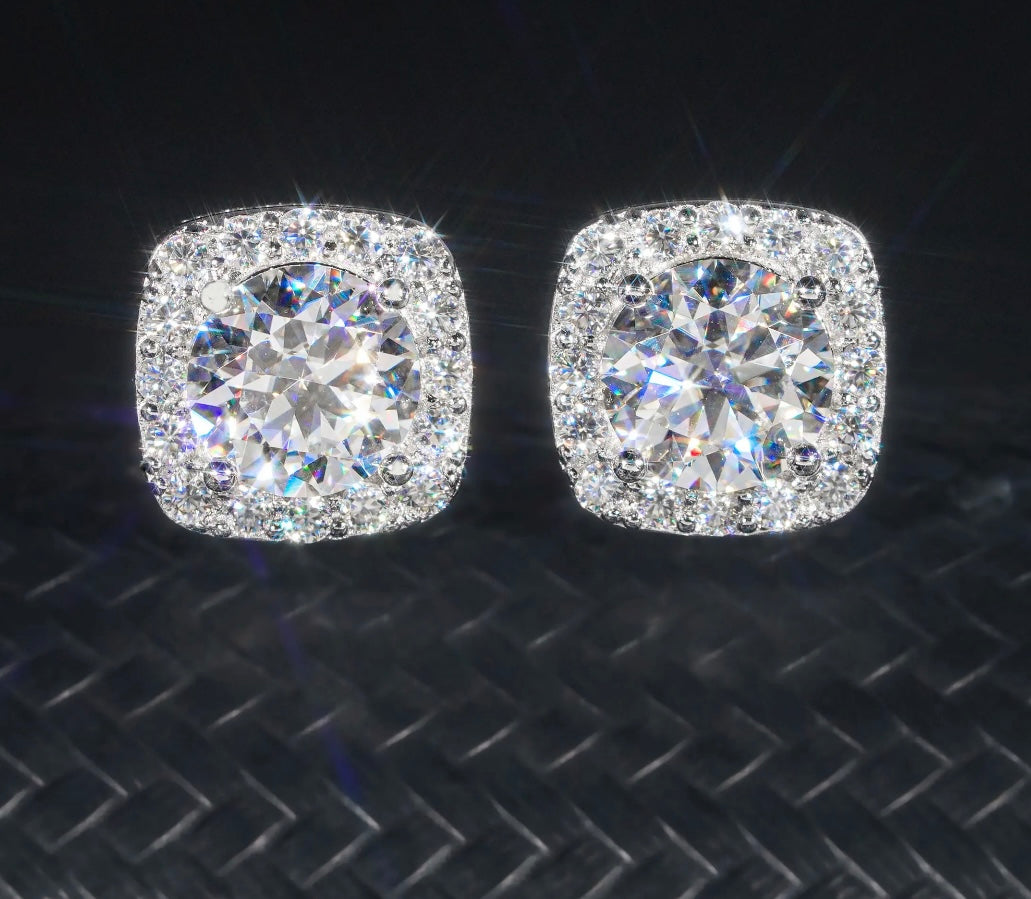
Dejar un comentario